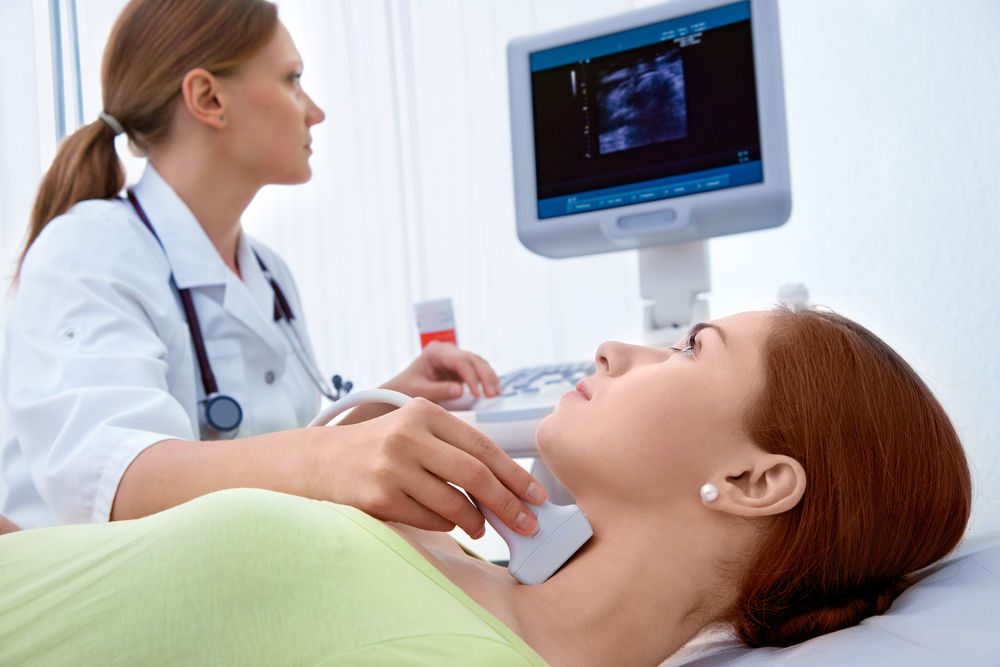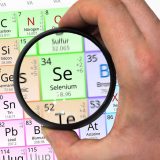

The thyroid is a butterfly shaped gland that lies just in front of the trachea in the throat. This amazing gland uses iodine from food to make two thyroid hormones: thyroxine (T4) and triiodothyronine (T3). These hormones play a major role in brain development during the early years and, in adults, may cause dry skin, weight gain, muscle weakness and pain, irregular and heavy periods, thinning hair, slow heart rate, depression and memory problems when out of balance.
Tests
- TSH blood test – The TSH test measures the amount of TSH a person’s pituitary is secreting. This test is used to diagnose both hyperthyroidism (low levels of TSH) and hypothyroidism (high levels of TSH).
- T4 blood test – A high level of total T4 suggests hyperthyroidism while a low level of total T4 or FT4 suggests hypothyroidism.
- T3 blood test – In some cases, T4 levels may be normal while T3 levels are high, so it is helpful to measure both if hyperthyroidism is suspected.
- Thyroid-stimulating immunoglobulin (TSI) blood test – Thyroid-stimulating immunoglobulin is an auto-antibody present in Graves’ disease and occasionally in pregnant women.
- Anti-thyroid antibody blood test (also called the thyroid peroxidase antibody test, TPOab) – Anti-thyroid antibodies are markers in the blood that are extremely helpful in diagnosing Hashimoto’s disease.
- Ultrasound – An ultrasound shows the size and shape of the thyroid along with atypical patterns of inflammation.
- CT Scan – A CT scan involves taking an image using a dye, or contrast medium, and is usually used to examine a large goiter.
- Nuclear Scan – Using nuclear scans, small amounts of radioactive material create a contrast picture of the thyroid function and structures. A thyroid scan is used to look at the size, shape, and positioning of the gland.
- Radioactive iodine uptake test – Uses nuclear imaging to measure the amount of iodine the thyroid collects from the bloodstream over a period of time.
If testing indicates either hyper- or hypothyroidism, a physician will prescribe appropriate medication. In addition, a healthy diet can also go a long way to supporting optimum thyroid function.
Diet
A diet that supports thyroid function includes a variety of fruits and vegetables, selenium, vitamin B12 and omega-3s. Often, supplementation with vitamin D is recommended as there is a significant link between thyroid disorders and vitamin D deficiency. Learn about 6 signs and symptoms of vitamin D deficiency.
Natural Wellness offers Thyroid Support, which contains vitamins, minerals, and botanical extracts that support thyroid function, as well as Vitamin D3, which is usually needed by those with thyroid dysfunction.




